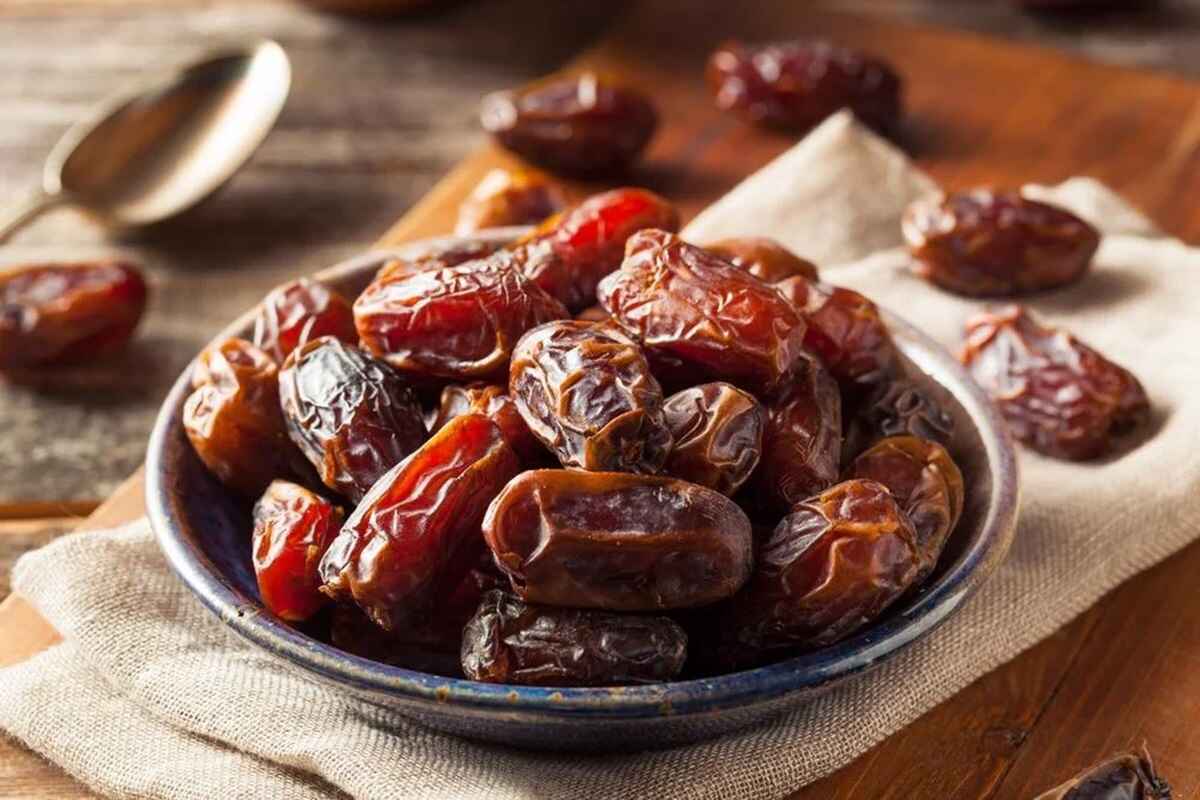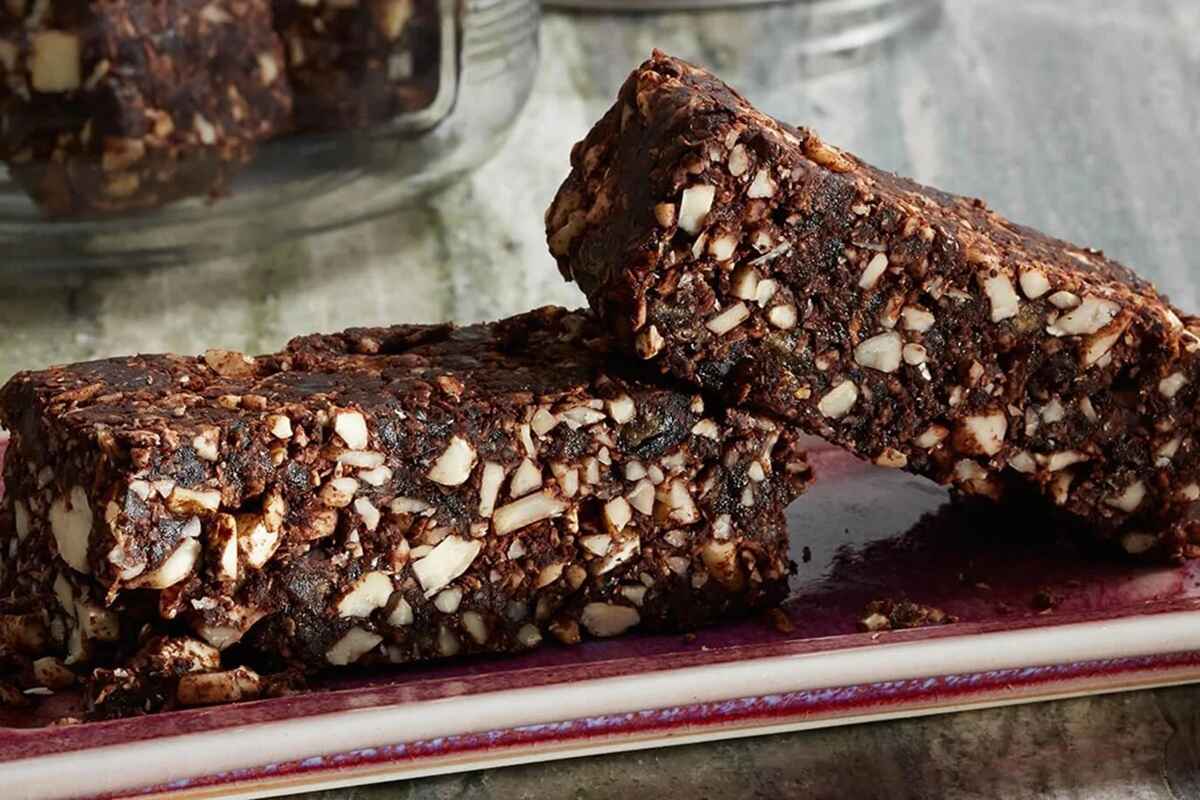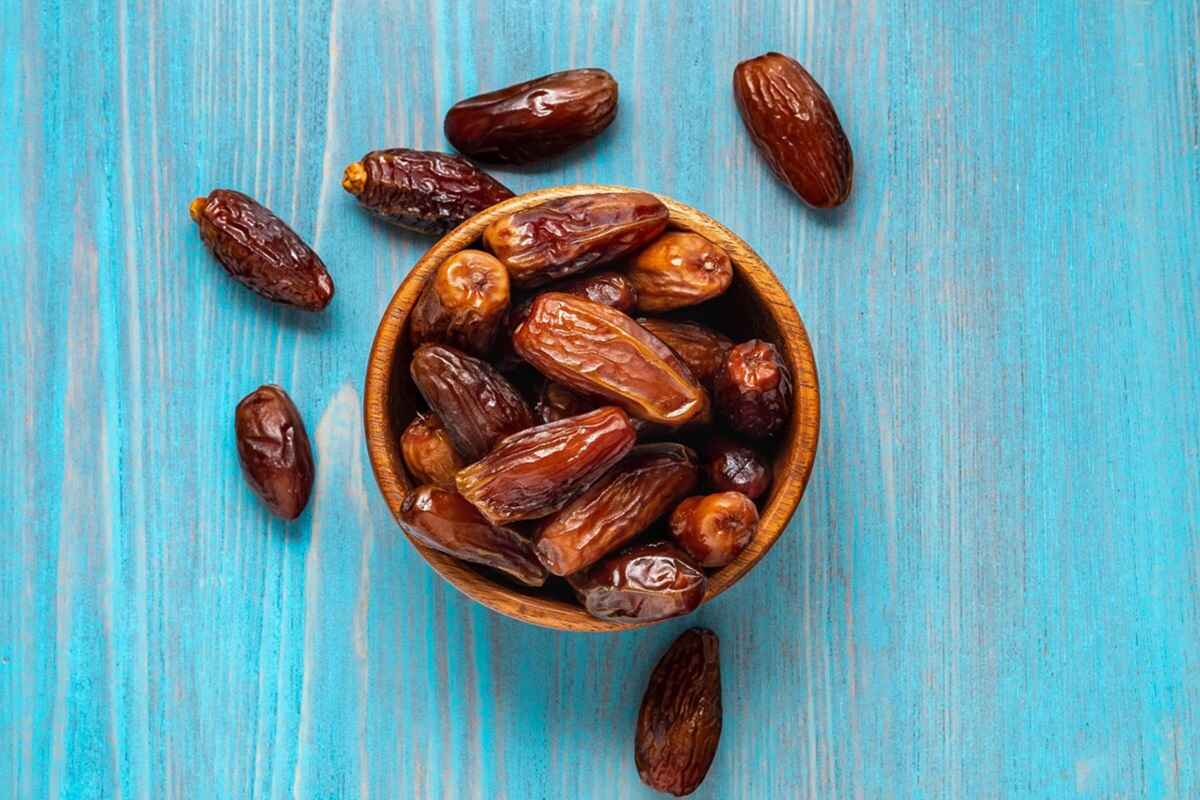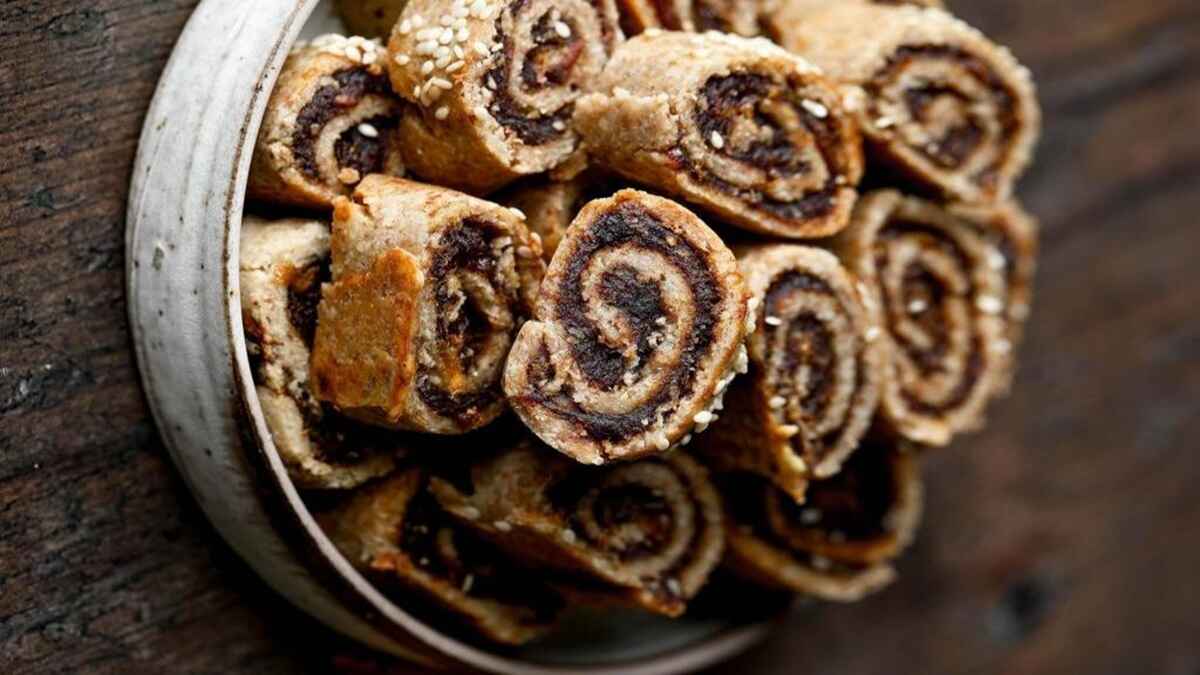Are Dates Vegan (Vegetarian) or Not? If you’ve ever found yourself wandering the aisles of a grocery store, staring at a pack of dates, and wondering, “Wait, are these vegan?”—you’re definitely not alone. It’s a surprisingly common question because vegetarianism has gained a lot of popularity in recent years.
Dates are a staple in many diets around the world, especially among those who prefer natural, whole foods. But when it comes to strict diets like veganism or vegetarianism, it’s totally normal to pause and double-check what’s really inside that little sweet fruit.
So, let’s talk about it. Are dates vegan? Are they vegetarian? What does that even mean in the context of dates? And are there any surprises hiding in the packaging or the way they’re processed? As Persa Trading, a trusted dates supplier, we’ll explore all of that—and more.
Understanding Vegan and Vegetarian Diets: What’s the Difference?
Before diving into dates themselves, it’s worth clarifying what we mean by vegan and vegetarian diets. These terms often get tossed around, but they don’t always mean the same thing to everyone.
-
Vegetarian: Someone who doesn’t eat meat, poultry, or fish. But they might still eat dairy, eggs, and sometimes even honey.
-
Vegan: Someone who avoids all animal products and by-products. This means no meat, no dairy, no eggs, no honey, and no gelatin—or anything derived from animals.
So, when you ask if dates are vegan or vegetarian, you’re really asking: “Do these come from animals, or are animals involved in how they’re produced?”
Dates: What Are They?
Let’s start with the basics. Dates are the fruit of the date palm tree (Phoenix dactylifera), which grows mostly in the Middle East, North Africa, and some parts of California. These sweet little powerhouses have been cultivated for thousands of years and have a ton of nutritional benefits.
At their core, dates are just fruit—natural, plant-based, and full of energy-boosting sugars. They contain fiber, vitamins (like B-complex), minerals (such as potassium and magnesium), and antioxidants. There’s nothing animal-related about a date growing on a tree.
Are Dates Vegan Friendly?
Yes! Dates are 100% vegan and vegetarian. They’re just fruit. No animal products, no animal by-products, and no animal exploitation involved in growing or harvesting them.
You can easily consume them knowing that sweets taste dates fits right in with your plant-based lifestyle.
What About the Harvesting and Processing? Any Animal Involvement?
Now, here’s where it gets a little trickier.
You might wonder, “Okay, dates themselves are fruits, but is there any animal involvement in how they’re grown or processed?”
The good news is, harvesting dates is a mostly plant-based process. Farmers pick them by hand or with simple tools, and no animal is harmed in the process.
However, a few things to keep in mind:
-
Coatings and Waxes: Some dried fruits get coated with waxes or glazes to keep them looking fresh. These coatings can be plant-based (like carnauba wax) or animal-based (like beeswax). For dates, this isn’t very common, but if you want to be sure, check the packaging for ingredients or certifications.
-
Fertilizers: Some farms might use animal manure as fertilizer, but this is generally accepted by most vegans because it doesn’t involve direct harm or exploitation.
-
Processing Facilities: Sometimes dates are processed or packaged in facilities that also handle animal products. For very strict vegans, this could be a concern, so looking for “Certified Vegan” labels can help.
Are All Date Products Vegan?
It’s important to distinguish between raw dates and processed date products. While raw dates are almost always vegan, some processed items may not be:
-
Date Syrups: Usually vegan, but some might contain honey or other animal-derived additives.
-
Date-Based Snacks: Energy bars or candies made with dates could have dairy, eggs, or gelatin.
-
Candied Dates: Might have coatings or sugars refined using bone char.
So, always check the ingredient list if you’re buying processed products.
Why Dates Are Vegan and Vegetarian Friendly
Beyond being naturally vegan, dates have become a superstar ingredient for plant-based eaters. Here’s why:
-
Natural Sweetness: They’re an amazing alternative to refined sugar or artificial sweeteners. Dates bring deep, rich sweetness and a caramel-like flavor.
-
Nutritional Benefits: Dates pack fiber, minerals like potassium and magnesium, and antioxidants. Perfect for fueling the body, especially if you’re active or athletic.
-
Versatility: Dates can be blended into smoothies, used as a binder in baking, stuffed with nuts or cheese (for vegetarians), or enjoyed right out of the bag.
-
Energy Boost: Their natural sugars provide quick energy, making them popular with runners, hikers, and anyone needing a natural pick-me-up.
A Bit More on Dates Nutrition
If you’re curious about the nutritional profile of dates, here’s a quick snapshot (per 100 grams):
-
Calories: About 280-300
-
Carbohydrates: Around 75 grams (mostly natural sugars)
-
Fiber: About 7 grams
-
Protein: Less than 2 grams
-
Fat: Almost none
-
Vitamins and minerals: Good source of potassium, magnesium, copper, manganese, and vitamin B6.
This makes dates a healthy snack that fits well into vegan and vegetarian diets.
Ethical and Environmental Aspects
Choosing dates isn’t just about what’s in them—it’s also about how they impact the planet and communities.
-
Sustainability: Date palms less water than many other crops, making them environmentally friendly.
-
Support for Farmers: Buying dates supports agricultural communities in arid regions, often family farms that have cultivated palms for generations.
-
Plant-Based Lifestyle: Incorporating more fruits like dates helps reduce reliance on animal farming, which has a larger environmental footprint.
So, dates align well with ethical eating habits.
A Few Tips for Buying Vegan Dates
If you want to make sure your dates are truly vegan-friendly:
-
Look for organic or certified vegan labels.
-
Avoid products with coatings or additives you’re unsure about.
-
When buying processed date products, read ingredient lists carefully.
-
Consider local or small-batch producers who might have clearer ingredient transparency.
Final Thoughts: Should You Include Dates in Your Vegan or Vegetarian Diet?
Absolutely yes. Dates are naturally vegan and vegetarian, packed with nutrients, and a delicious way to satisfy your sweet tooth without compromising your ethics or diet.
Whether you’re adding them to your morning smoothie, using them as a sugar substitute in baking, or simply snacking on a handful, dates fit seamlessly into plant-based living.
If you want, I can help you add recipes, tips on how to store dates, or even explore different varieties of dates next — just let us know in the comments.




